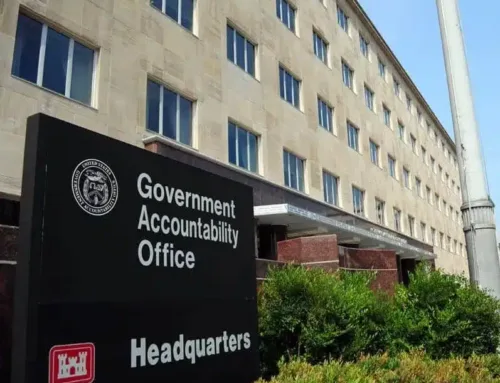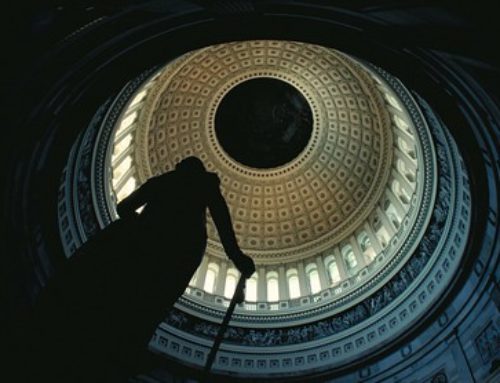Twas the night before Christmas and in the White House, spinmeisters were stirring trying to churn something out. While taxpayers were settling down, all snug in their beds, Treasury announced something that left us shaking our heads: “Merry Christmas to all and to Fannie and Freddie execs big bonuses and unlimited bailout checks.”
Say what? That’s not how the rhyme goes; it’s not even the right meter. But sure enough in a cynical – but successful – move to bury an unpopular decision without too much clatter, on December 24th the Administration pledged unlimited support for Fannie and Freddie through 2012. At the same time they whispered that they were setting aside $42 million to pay bonuses to executives, including up to $6 million apiece for the top dogs. Something is the matter.
Taxpayers are already into Fannie and Freddie to the tune of $111 billion —backing their balance sheets bogged down with bad mortgage debt. The Bush Administration initially promised up to $200 billion, and the Obama Administration upped the ante to $400 billion. But with a December 31st deadline looming on what do with the companies, Treasury decided to tell the markets that the taxpayer is all in at least until 2012 when it would revert to only $400 billion in guarantees.
Not to be outdone by Treasury’s good tidings for the beleaguered entities, the companies’ regulator – the Federal Housing Finance Authority (FHFA)— was spreading bonus cheer to the executives. While the FHFA touted that only five officials of the two companies were eligible for salaries in excess of $500,000 compared to 16 before the bailout, they also indicated that with performance bonus, the compensation packages for the CEOs could be as much as $6 million.
Somewhat surprisingly the administration’s pay czar Ken Feinberg, fresh off of (justifiably) whacking executive bonuses at bailout banks, defended (albeit half-heartedly) the pay structure . The idea being that deferred compensation through stock wouldn’t work both because the stock of the companies is near worthless and because it is unclear whether they will survive as independent entities. The acting director of the FHFA defended giving “wise” men of Fannie and Freddie gold, frankincense and myrrh, pointing out that management of the companies involves $2-$3 trillion worth of mortgages. Well, the executive job at the White House involves quite a bit more than just the $3.8 trillion budget and the President only gets paid $400,000.
But the greatest insult to taxpayers was how, rather Grinch-like, the Administration slinked out to “announce” this lump of coal on Christmas Eve, mere hours after the Capitol emptied. You can be sure that on almost any another day, lawmakers, the media, and the public would have pounced on this news. If giving a blank check to Fannie and Freddie was so important, if the corporate bonuses are so critical to the management of the assets, the Administration should have engaged the public and made the announcement weeks before, or even in the first days after Christmas. Announcing a major, likely unpopular, fiscal commitment while many Americans are scurrying around wrapping presents, travelling or spending time with family, may make good political sense, but it is the most cynical, opaque way to make policy.







Get Social